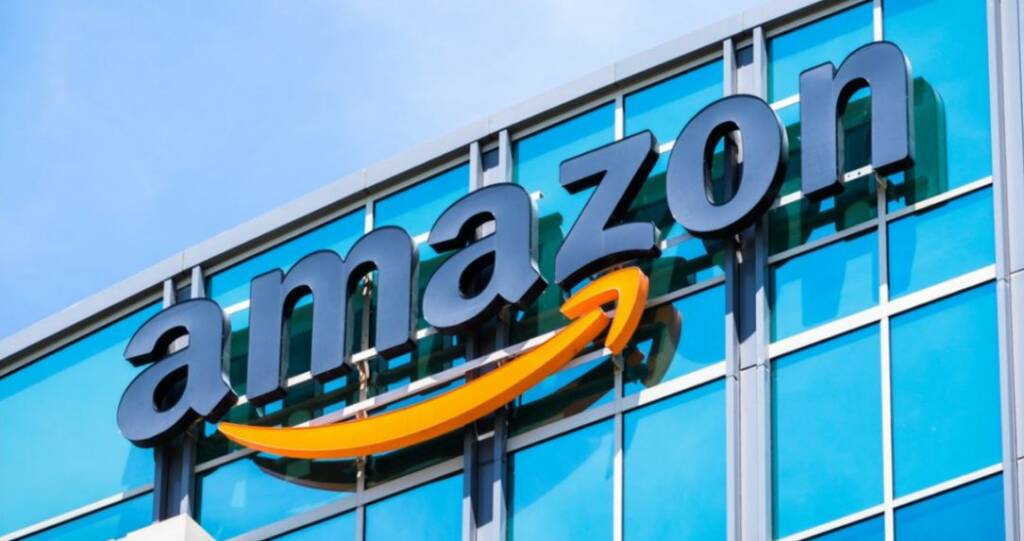Jeff Bezos owned Amazon on Thursday kickstarted the second edition of its annual summit for small and medium enterprises called Smbhav (possible) to showcase opportunities offered by the US firm to help small businesses expand and sell online. However, a group of 600,000 small Indian retailers, who have been a victim of Amazon’s monopolistic as well as predatory pricing, took the onus upon themselves to counter the American company’s event by launching a summit titled “Asmbhav”, or “impossible” at the same time which also included an award ceremony to pin the blame on those who they think have hurt their businesses.
According to an ET report, prominent speakers at the four-hour online conference that starts a few hours before Amazon’s event include Ashwani Mahajan of Swadeshi Jagran Manch, Dhairyashil Patil from All India Consumer Products Distributors Federation and Arvind Khurana from All-India Mobile Retailers Association.
As reported by TFI, Indian FDI rules do not allow the e-commerce companies like Amazon and Walmart owned Flipkart to sell their products, or the products of a company in which they have stake/interest, on their website. However, in order to bring the price of the product down, companies like Amazon and Flipkart direct most of the consumer traffic to companies owned by them. And, through this, they harm the interest of the small businesses.
A Reuters report recently had also confirmed that Amazon was indeed circumventing the laws and the regulators by secretly giving preferential treatment to a small group of sellers on its Indian platform.
The Jeff Bezos led company is using its deep pockets to monopolise the Indian e-commerce industry. Despite being the leader in the e-commerce market, Amazon has to face losses of billions of dollars every year due to heavy discounts offered to customers. But make no mistake, this strategy helps the e-commerce giant attracts a pool of customers.
According to reports, the draft of the e-commerce policy states, “Actions and things that cannot be done by the platform entities can also not be done by any of its associates and related parties.” The statement seems to be directed at Amazon, though the policy specifically doesn’t name the e-commerce giant.
The new e-commerce policy would give the Indian traders their due place in the Indian market. In the last few years, traders have lost a significant market share to the retailers floated by companies like Amazon and Flipkart. The new e-commerce policy would create a level playing field for retailers and e-commerce players.
